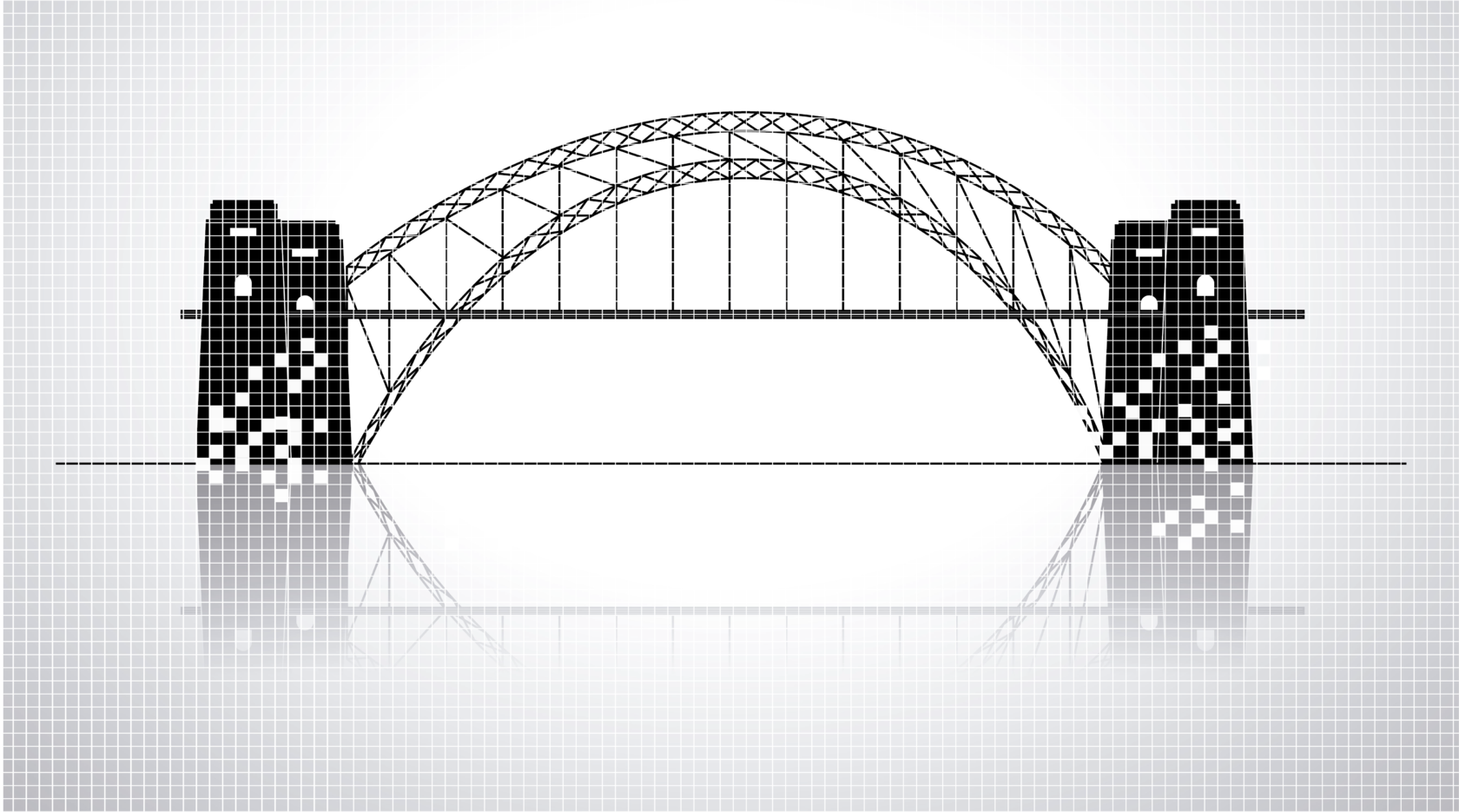In this interview, DigiShares CEO Claus Skaaning discusses the coming together of traditional finance and blockchain, how security tokens open up assets to a broader pool of investors, and why large physical assets like real estate are a prime target for tokenization.
Tokenization has the potential to unlock trillions of dollars in liquidity, in part by bringing thousands of ordinary traders to assets typically reserved for big-money investors. But with such great potential comes the need for the right technologies and regulatory approach to enable greater adoption of security tokens. Tools need to take full advantage of blockchain digitization and automation in ways that are compliant with legislation.
Polymath (P): What are the missing pieces needed to bridge traditional finance and blockchain technology?
Claus Skaaning (CS): I actually believe the pieces are falling into place. 2020 has seen massive interest in digital assets from issuers, and I expect that 2021 will see a massive increase in tokenization projects. One of the missing pieces has been regulation. Now we’re seeing more and more jurisdictions clarifying legislation related to tokenization, adopting the stance that a “tokenized security” is just a digital security that exists as a token on the blockchain. They’re also recognizing that tokenization can be handled not by adding new legislation but by slightly modifying and updating existing legislation to support digitized processes and documents. Also, we’re increasingly seeing banks interested in what we’re doing. Swiss banks are now becoming digital asset custodians and the first Swiss bank has announced their own tokenization platform. Some digital asset custodians are extending their services to cover fiat, essentially becoming neobanks. All of this makes it easier for investors to be onboarded into the world of digital assets.
P: What are the business benefits of using blockchain to issue securities and manage cap tables over traditional methods?
CS: Blockchain digitizes and automates processes related to issuance, governance, compliance, and trading to a much higher degree than we see today–which yields major efficiency improvements and cost reductions.These benefits suddenly make it cost-efficient and realistic to accept 10,000 investors into a real estate project instead of just 10 or 100, and to offer these 10,000 investors the ability to trade digital assets peer-to-peer. That just isn’t possible without blockchain technology.Cap table management benefits as well. Because the cap table is read directly off the blockchain, it can be kept up-to-date and doesn’t need to be manually updated or maintained. Even when trades are done peer-to-peer, the built-in smart contracts can automatically update the cap table.

P: What makes large physical assets (real estate, infrastructure, solar, wind, etc.) ideal for tokenization?
CS: They represent one of the largest single asset classes suitable for tokenization. Global real estate is worth $228 trillion and only 7% of that is available for retail investment, whereas more than 80% of investors view real estate as a good investment. Tokenization could help to close that gap.Insurance and the ongoing corporate management of these types of assets are traditionally paper-based, time-consuming and inefficient. There’s a lot of potential for digitization and automation. Also, these assets are very illiquid as there are very few, if any, efficient ways to trade them, whereas tokenization enables peer-to-peer trading in a very cost-efficient manner.
P: Real estate is the largest physical asset category right now. How do you envision tokenization changing the market over the next 10 years?
CS: Real estate will become much more accessible for retail investors than it is today. Today real estate investment is primarily the playground of accredited and experienced investors with at least $100,000 USD to spare. With tokenization, real estate assets will become much more liquid and it will become standard practice for most assets to be immediately tradeable. Whether there will be sufficient demand for real estate assets to create real liquidity remains to be seen.
→ WATCH TOKENIZATION IN REAL ESTATE, A DIGISHARES WEBINAR HOSTED IN COLLABORATION WITH POLYMATH
Claus Skaaning, CEO of DigiShares
Claus Skaaning, CEO of DigiShares, has a PhD in computer science and has been an entrepreneur for many years, with one exit behind him.
He has worked for Hewlett-Packard R&D and been CEO of one of the very few HP spinouts. He is also the author of 7 patents.

